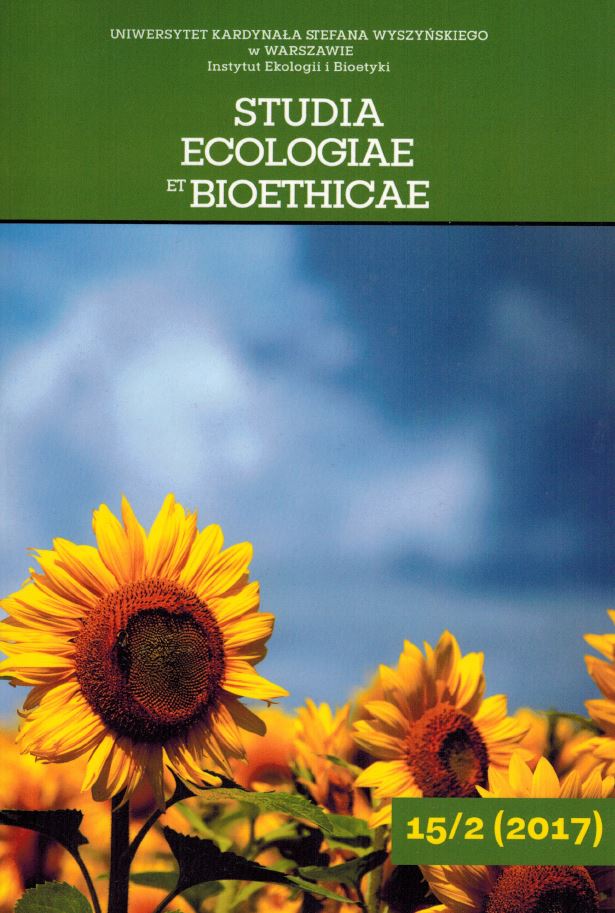Ekologia oczami nie ekologa
Ecology in the eyes of non-ecologist
Author(s): Janusz UchmańskiSubject(s): Essay|Book Review |Scientific Life, Energy and Environmental Studies
Published by: Wydawnictwo Naukowe Uniwersytetu Kardynała Stefana Wyszyńskiego w Warszawie
Keywords: ecology; biological diversity; mathematical models; volterrian models; individual-based approach
Summary/Abstract: Ecology is a part of biology which deals with life of plants and animals in their environment. Nature protection is practical activity in which ecology is applied. Ecology is the most biological part of biology because it deals with individuals in their environment and individuals exist only in biology. The most important problem of ecology is biological diversity: its changes and persistence. Ecologists always focus their investigations on some ecological systems. In classical approach the most important mechanisms explaining functioning of ecological systems are dependences on densities of individuals in populations. Mathematical models usually applied in ecology are difference and differential equations, which is in accordance with the assumption about density-dependence, but focuses ecologists interests on stability of ecological systems. Evolutionary biology and ecology domains overlap only partly. Evolutionary ecology is dealing with individuals with optimal features, while ecology considers also losers of natural selection. Mathematical method used in classical ecology were taken from physics. It rises the question: are they proper for ecology. Recently, so called individual-based approach emerged, which stresses that in order to understand diversity of nature one have go back directly to individuals as basic “atoms”, from which ecological systems consist, and not to concentrate on densities. Such approach gives very complicated picture of ecological systems dynamics. An alternative way of describing ecological systems dynamics exists however in ecology, namely by means of matter cycling and energy flows. It allows using difference and differential equations during models building and was approved many times in practical applications.
Journal: Studia Ecologiae et Bioethicae
- Issue Year: 15/2017
- Issue No: 2
- Page Range: 27-39
- Page Count: 13
- Language: Polish

